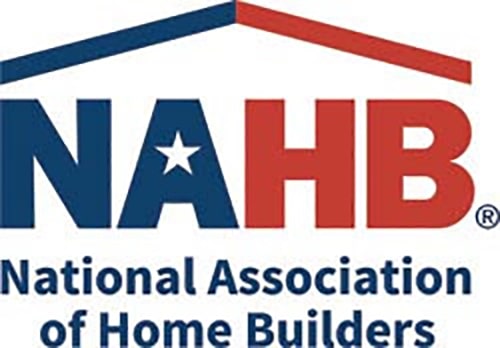Replacing the roof on your home is one of the pricier home renovation projects you can choose, but when the roof needs an upgrade it’s almost impossible to ignore it for long. However, before your roof is decades old and in need of full replacement, there are a variety of options you may consider to help your roof last a few more years.
Vigilance and Persistence are the Key
Ignoring various features around your home is certainly one way to end up with bigger repair bills. Your roof is definitely a part of your home you don’t want to ignore. A few curled shingles one year could signal a rather significant leak the next, so inspecting your roof regularly is important.
Get an inspection each year.
A yearly inspection of a roof that’s supposed to last for several decades may seem excessive, but in the long run you’ll be happy you took the time to set up this appointment. Roof problems are often insidious in that they don’t become apparent until there’s a huge hole leaking into the attic.
You won’t know about it until a rainstorm comes along and deposits a huge wet spot on the ceiling of your living room. A yearly inspection will catch little problems with the shingles before a torn or misplaced shingle can turn into an actual hole in the roof.
Know when to replace.
Depending on the material used to construct your roof, it probably has a lifespan of anywhere between 15 and 50 years, or even longer with some materials. Common asphalt shingles will usually last about 20 years with good care while a wood shingle roof may last 30. Slate shingles last even longer and can be a part of your roof for anywhere from 80 to 100 years.
Even if you maintain your roof well and are always quick to get repairs completed, your roof will still require replacement eventually. Don’t risk damage to the interior of your home by pushing your roof replacement off just “one more year.”
Regarding common asphalt shingle roofs, This Old House suggests:
“If your roof is more than 20 years old and most of the shingles are damaged or badly worn, it’s time to replace it.”
Watch out for dry rot.
Leaks and water spots aren’t the only ways your roof will show you it’s breaking down. Another common problem that occurs when there’s lack of ventilation is dry rot. Not only can poor ventilation cause ice dams (buildup of ice on the roof) in the winter, but dry rot may occur in other seasons.
On dry rot, the DIY Network shares:
“The roof will actually sag in and cause the roof shingles to get brittle, crack and then leak. Preventing dry rot consists of installing a ridge vent, which will only work if there is a soffit vent.”
Common Areas for Roofing Leaks
A broken shingle or torn area of the roof is an obvious source of a leak, but sometimes your roof won’t tell you where the problem is, and you’ll need to perform some detective work.
One reason roofs develop leaks even if they’re not old enough for such an event to be common is because of punctures made after the roof was installed. For example, new equipment like a satellite dish or an extra skylight could result in leaks or premature wear on the roof.
Buildings Magazine says:
“All roof systems’ performance is compromised when new equipment and penetrations are added to an existing roof unless proper precautions are taken. When penetrations are added and deleted from a metal roof, the results can be disastrous.”
Risk Factors for Roof Problems
If your roof has any of the following characteristics, you’ll need to be particularly vigilant against wear and tear and the likelihood of a leak appearing:
- Your roof is old
- The vents have deteriorated
- Your roof slope is too shallow
- You allow debris to build up on the roof
- The gutters are full of leaves
- Your roof has missing shingles
The majority of roof problems won’t ever have the chance to become full-blown disasters as long as you don’t forget to inspect the roof on a regular basis.
Looking for Advice on Your New Roof?
If you’d like to get started on a new roof, you’ll want to download our eBook: Seven Questions to Ask When Choosing a Remodeler in the Indianapolis Area.














